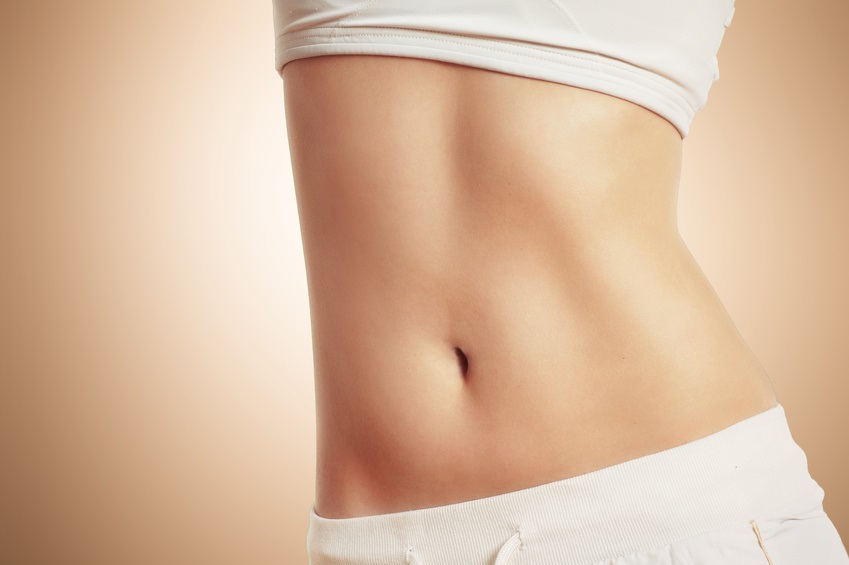
Japanese scientists believe that the easiest way to lose weight and reduce waistline may be by consuming probiotics.
According to Yukio Kadooka, a Japanese researcher at the Milk Science Research Institute in Tokyo, the probiotic bacteria found in yogurt or other fermented foods are the best kept secret to losing weight.
In studies conducted by Kadooka and his team, volunteers were divided into two groups. The first group received a drink containing probiotics twice a day, while the second group consumed drinks that did not contain them.
Very quickly the first group who consumed the drinks enriched with probiotics lost weight and a decrease in waist circumference, while in the second group there was no change.
This weight loss occurred even though the group did not exercise or follow any particular diet.
According to the researchers, probiotics have the particularity of reducing the production of insulin in the body, a hormone linked to the accumulation of fat in the body, particularly around the waistline.
Probiotics also seem to reduce a type of cellular inflammation favored by the consumption of sugar and certain products that irritate the body. A type of inflammation that promotes the production and storage of fat in the abdominal area.
It would also seem that the proliferation of bad bacteria in the intestinal flora promotes caloric absorption by the body. Probiotics regulate and neutralize the pathological activity of these bad bacteria.
Finally, again according to this research, probiotics by regulating blood glucose levels, reduce appetite and especially cravings.
Probiotic consumption goes way beyond a miracle ingredient for weight loss. There are many other health benefits of taking probiotics, including strengthening the immune system.
script async src=”https://pagead2.googlesyndication.com/pagead/js/adsbygoogle.js”>Relationship between gut microbiota and body weight
Other studies carried out around the world show a convincing difference between the composition of the gut microbiota (formerly called the gut flora) of obese and thin individuals.
In mice, studies clearly show that a change in the microbiota influences weight gain. In humans, during weight loss following changes in diet, this ratio changes in the same direction as that observed in mice; which suggests a relationship between the balance of the human microbiota and obesity.
Bacteria in the gut (or gut microbiota) are responsible for the development of the liver metabolic complications associated with obesity. For the first time, researchers from Inra and Inserm are establishing this causal link through transplants of intestinal bacteria in mice.
Probiotics can be obtained through the consumption of certain foods, the best known of which are yogurt or kefir, but also in many fermented foods (raw sauerkraut, miso.
It is also important to promote the growth and health of the probiotics harbored in the intestinal flora through the consumption of prebiotics. Certain foods rich in inulin and fructooligosaccharides contribute to the good health of the intestinal flora, these are: Jerusalem artichokes, asparagus, onions, garlic, bananas, barley and especially the root of chicory from which inulin is extracted industrially.
ADDITIONAL INFORMATION
Probiotic specialists have developed a 3-day diet intended to initiate rapid weight loss as well as a reduction in waist circumference. This diet: the 3-day probiotic DETOX, is detailed in our Friends members section.
Reference:
Intestinal Microbiota Determines Development of Nonalcoholic Fatty Liver Disease in Mice. Posted in Gut.